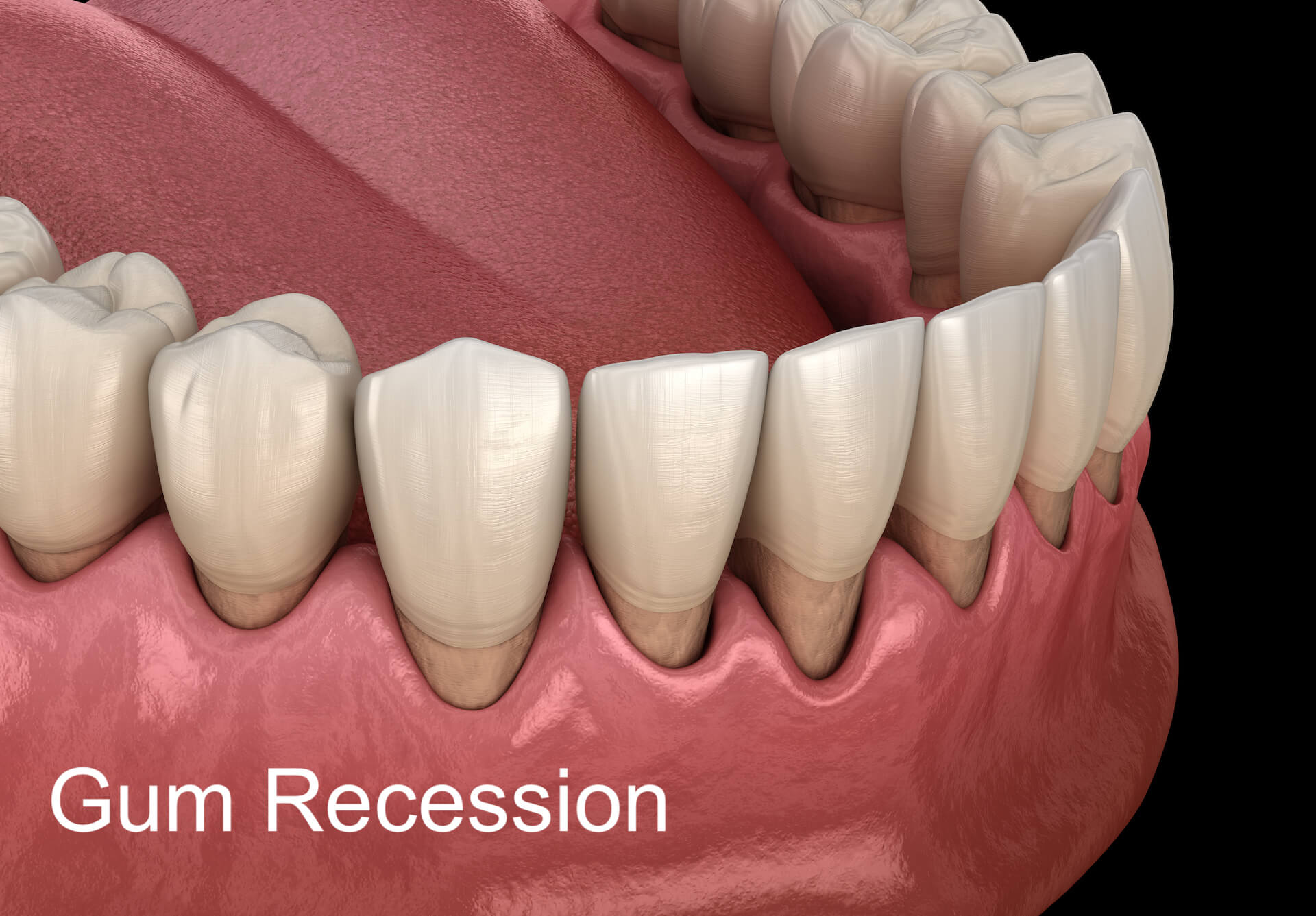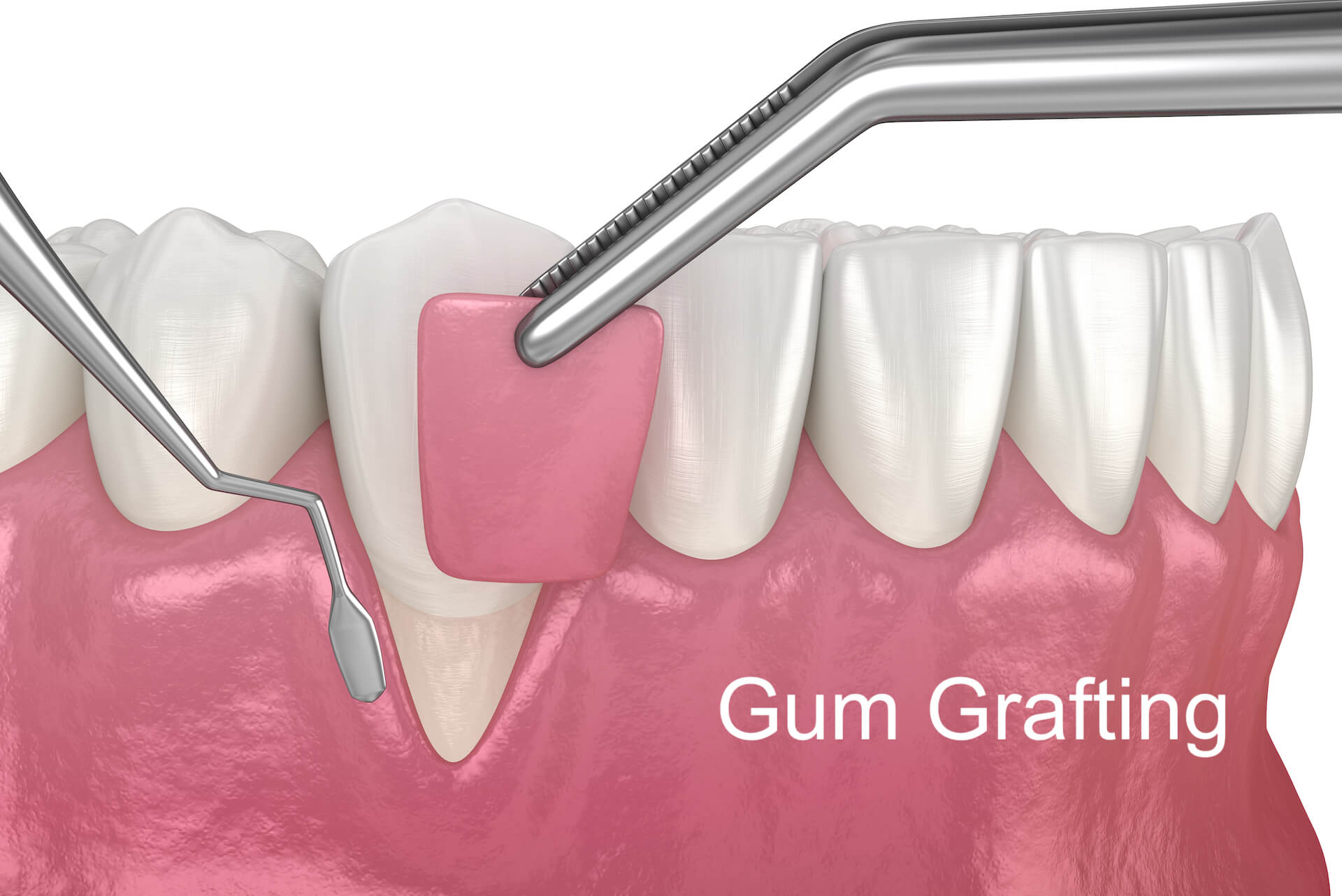8 Pain Solutions for Sensitive Teeth

Having to take a pass on enjoying an ice cream cone makes life a little less sweet. You may worry that something is seriously wrong if you frequently experience pain when you eat or drink something hot, cold or sour.
How to Stop the Pain of Sensitive Teeth
Sensitive teeth are a common issue that tends to get worse with age. Take action by using one or more of these methods to help you find relief.
Take a Break From Whitening Products
Teeth whitening products temporarily soften tooth enamel. Make sure that you only use products that your Tempe dentist recommends.
If you’ve been overusing products at home, reducing their use may ease the sensitivity.
Treat Cracked or Decayed Teeth
Cavities and cracked teeth tend to cause significant sensitivity. The break in the surface of the enamel allows the food and drinks you consume to activate the pain response.
We may recommend a filling or a crown to fix this problem.
Strengthen Enamel With Fluoride Treatments
People who consume acidic drinks and food often deal with sensitivity. The acids gradually wear away the tooth enamel, which eventually leads to more of the dentin being exposed.
Fluoride helps to remineralize tooth enamel, which is why we provide fluoride treatments in our office, and may also prescribe a special mouth rinse to use at home.
Brush With Desensitizing Toothpaste
Toothpastes that are designed to ease sensitivity often contain fluoride and other active ingredients that block the dentinal tubules that run to the nerve. They may also contain potassium nitrate, which blocks pain signals to the brain.
Keep in mind that this solution won’t fix cavities and other tooth trauma. It can help in cases of root exposure and mild acid erosion.
Cover Exposed Root Surfaces With Bonding
 Gum recession may occur naturally with age. Or, gum disease may cause the tissue around your teeth to recede. In addition to treating any underlying disease, we can use dental bonding materials to cover up the exposed roots.
Gum recession may occur naturally with age. Or, gum disease may cause the tissue around your teeth to recede. In addition to treating any underlying disease, we can use dental bonding materials to cover up the exposed roots.
Correct the Gum Line With Grafting
 Severe gum disease or trauma can cause the gum line to recede and expose large portions of the tooth root. When this happens, gum grafting can help to rebuild the area. This treatment can also help to provide more support to your teeth so that you have less shifting.
Severe gum disease or trauma can cause the gum line to recede and expose large portions of the tooth root. When this happens, gum grafting can help to rebuild the area. This treatment can also help to provide more support to your teeth so that you have less shifting.
Use a Night Guard for Teeth Grinding
Clenching and grinding your teeth at night places pressure on the soft ligaments that hold your teeth in place. When you wake up, you may notice tooth sensitivity that comes from an irritated nerve, as well as muscle soreness in your jaw. If this goes on too long, you may also experience cracked teeth.
We can often identify nighttime teeth grinding by the damage that occurs on the back molars. A night guard takes the pressure off of your teeth while you sleep.
End Pain With a Root Canal
The center of your teeth is filled with a soft material that contains blood vessels, nerves and connective tissue. This material can get inflamed from an infection or repeated trauma.
A root canal removes this tissue and provides prompt and long-lasting relief from pain. Although we usually use this as a last resort, it is an effective way to end pain that doesn’t respond to other treatments.
Figuring out what makes your teeth sensitive is easier with a dental exam. After we check your teeth and gums, we’ll provide you with a targeted treatment plan.
Once you know why your teeth hurt, you can use a combination of professional treatments and home care to restore your comfort. Most cases of sensitivity clear up quickly once we address the underlying cause.